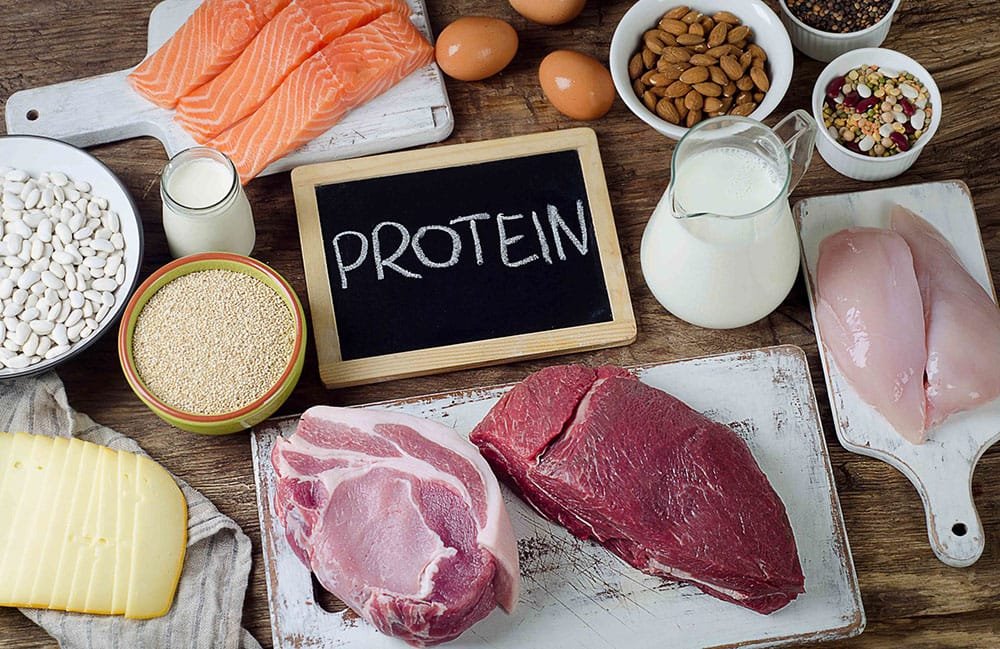Do your gums bleed while brushing?
Have you ever heard words like plaque/tartar/calculus?
Have you ever observed a white rough chalky substance in between your teeth?
It is called Calculus/Tartar.
What is Calculus?
Calculus is the mineralized bacterial plaque that forms on the surfaces of natural teeth and dental prosthesis.
Before we understand calculus, let’s take a simple example to understand it better. If you ever lived in regions with hard water, you might have noticed white buildup or scales around your taps and sink, as well as in your appliances that use water. The high proportion of magnesium and calcium in hard water leads to the deposition of white scaly deposits on your house appliances.
The same goes for your oral cavity. The way the calcium deposits in hard water lead to deposits in your kitchen sink, the bacteria in your mouth, and the food you consume lead to the formation of plaque in the mouth. This irregular removal of plaque paired with poor food habits leads to the hardening of plaque. It is nothing but calculus.
Is calculus harmful?
Calculus does not form overnight. It is the gradual deposition of plaque that hardens over time into hard deposits. Tartar, aka calculus, is the most neglected form of dental disease. It is harmful when neglected for a long time. It is harmless when there is early intervention. Though it appears as a harmless/painless growth in your mouth, it will eventually lead to bone loss, bleeding gums, and other dental problems.
Do you know that individuals with crooked teeth/misaligned teeth are more prone to have calculus? Yes! You read that right. The spaces where your brush cannot reach serves as a perfect spot for plaque deposition and calculus formation over time. It’s high time you visit your orthodontist/dentist for early intervention.
Calculus affecting your confidence?
Do you know untreated calculus can do more harm than good? Calculus buildup causes your smile to become duller. It affects the aesthetics and self-esteem of a person.
Can you treat calculus naturally?
A simple answer: NO
Can we prevent it naturally? YES.
Brushing twice every day reduces your plaque formation and eventual calculus formation. To control plaque, and calculus it is essential to brush your teeth twice every day, floss at least once every day, and see your dental professional for regular cleaning. Using calculus-control toothpaste also helps the process.
Who is more prone to have calculus?
An individual suffering from dry mouth due to medications.
Older people, individuals with a physical disability.
Complications during ortho treatments.
Individuals with crooked teeth.
Defective restorations.
Self-inflicted injuries.
Smoking.
Who is more prone to have calculus?
The sooner, the better. If you see initial depositions of calculus, visit your dentist for early intervention. Individuals with physical ailments or aging are more prone to have calculus due to their lack of physical ability. Individuals with good brushing habits can also be prone to calculus formation. Hence, it is essential to visit your dentist every 6 months.
What happens if I neglect my calculus?
Did you know that calculus worsens if left untreated? Individuals with thick bands of calculus are more likely to lose their teeth. The calculus attracts more bacteria and plaque deposition. Calculus stains easily. Preventing calculus is a bigger problem in individuals who consume coffee, tea, wine. Calculus affects your smile line and oral hygiene. It will be a harbor for cavities, gum recession, and bad breath.
Steps to prevent calculus formation:
● Floss daily.
● Avoid smoking.
● Drink a lot of water.
● Brush twice every day.
● Use an anti-plaque fluoride toothpaste.
● A regular visit to your dentist every 6 months.
● Reduce intake of sticky foods, carbonated sugars/soda.
Final take away:
The simple method to prevent calculus formation naturally is BRUSHING.
Though Brushing, Flossing help in plaque removal.
Calculus removal needs Dentist intervention.
If you have aging people or people with a physical disability, they are more prone to dental problems because of their physical disability. Hence, as a caretaker, it is essential to take them to a dentist regularly. Smoking not only affects your teeth but your overall health. Cut down your smoking. Focus on improving your health. Even if you have good brushing habits, you can have calculus deposition. Hence, it is important to develop good brushing habits and visit your dentist regularly.




